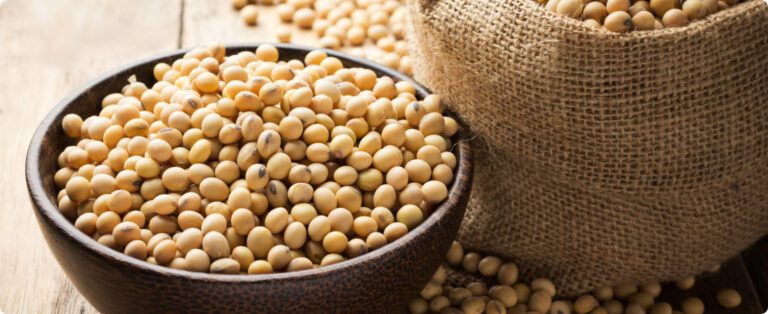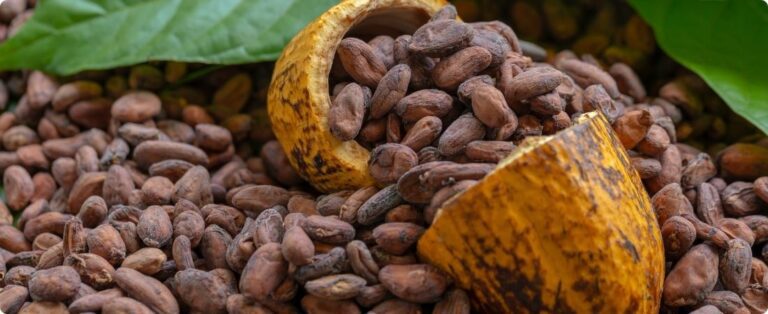
The Fertilizer Purchasing Power Index (IPCF) for September, prepared by manufacturer Mosaic, ended the month at 1.05. This represents a drop of 5% compared to August, when the index was at 1.11. This scenario is considered favorable for the purchase of fertilizers. The lower the indicator, the better the exchange ratio for the rural producer.
In the same period, the price of agricultural commodities showed an average increase of 1.1% compared to the previous month. This movement was driven by soy, which registered an increase of 4%, followed by a slight appreciation of the cotton at 0.2%. On the other hand, the corn suffered a drop of 4.8%, while sugarcane had a reduction of 0.4%.
In the fertilizer market, an average decline of 1% was observed. Single superphosphate (SSP) led the decline, with a reduction of 3.54%, followed by potassium chloride (KCl), which fell 2.37%. In contrast, urea recorded an increase of 1%, and monoammonium phosphate (MAP) remained stable. The recent increase in interest rates in Brazil also had an impact on the exchange rate, with the US dollar closing the month with a drop of 0.2%, remaining stable compared to the previous month.
Climate and geopolitical impacts affect soybean and corn planting in Brazil
With the arrival of summer planting, the weather has had a significant influence over the past month. The La Niña phenomenon is already active, resulting in delays in soybean planting, especially in north-central Brazil. The market's attention now turns to soybean planting, which has already begun in some states, and to climate behavior, as the lack of rainfall affects some regions.
Regarding the second corn crop, input sales remain significantly behind historical trends, mainly due to the short planting window. Therefore, it is crucial for producers to prepare in advance to avoid potential logistical backlogs.
In addition, another point of attention for the market is the potential impact of a possible escalation of the conflict in the Middle East, which could affect the global fertilizer market. Consequently, in Brazil, in particular, this could influence the supply of fertilizers for the second corn harvest.
Source: datagro















